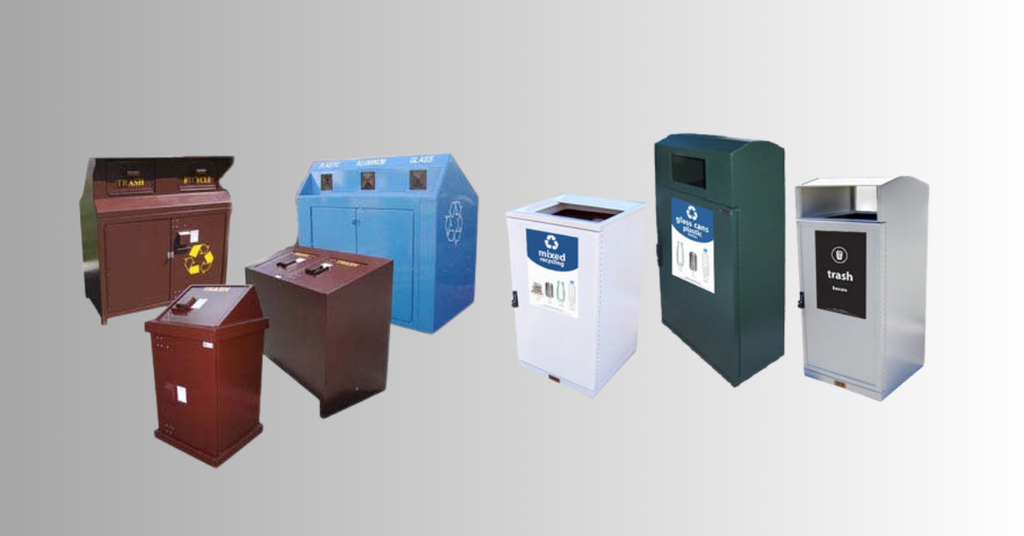Commercial Trash Can Safety: Preventing Accidents and Hazards
Posted by Securr Blogger on
In bustling commercial environments, the humble trash can might seem like an innocuous fixture. However, it plays a crucial role in maintaining cleanliness and order. Yet, without proper attention to safety considerations, commercial trash cans can pose significant hazards to both employees and customers. From sharp edges to overflowing contents, a range of risks exists. Fortunately, with the right awareness and measures in place, these risks can be mitigated effectively.
Understanding the Risks
Before delving into prevention strategies, it's essential to grasp the potential dangers associated with commercial trash cans. Here are some common hazards:
-
Sharp Edges and Protrusions: Poorly designed or damaged trash cans can have sharp edges or protruding parts, which may cause cuts or puncture wounds.
-
Heavy Loads: Overfilled or improperly balanced trash cans can topple over, leading to injuries or strain for those attempting to lift them.
-
Slip and Fall Accidents: Spilled liquids or loose garbage around trash cans can create slippery surfaces, increasing the risk of slips and falls.
-
Insect and Rodent Infestation: Neglected trash cans can attract pests like insects and rodents, posing health hazards and increasing the risk of disease transmission.
Prevention Strategies
Thankfully, by implementing the following preventive measures, businesses can significantly reduce the likelihood of accidents and hazards associated with commercial trash cans:
-
Invest in Quality Trash Cans: Opt for trash cans made from durable materials with smooth edges and no sharp protrusions. Stainless steel or heavy-duty plastic bins are excellent choices for commercial settings.
-
Regular Maintenance: Schedule routine inspections to check for any signs of wear and tear, such as cracks, dents, or loose components. Address any issues promptly by repairing or replacing damaged trash cans.
-
Proper Waste Disposal: Train employees on proper waste disposal procedures, including how to avoid overfilling trash cans and ensuring that lids are securely closed. Consider implementing color-coded bins for different types of waste to encourage segregation and recycling.
-
Safe Handling Practices: Encourage employees to use proper lifting techniques when emptying or relocating heavy trash cans to prevent strain or injury. Provide appropriate equipment, such as trolleys or dollies, for transporting large or bulky loads.
-
Effective Cleaning Protocols: Establish regular cleaning schedules to prevent the buildup of spills or debris around trash cans. Use appropriate cleaning agents to disinfect and deodorize bins, reducing the risk of pest infestation and foul odors.
-
Clear Signage: Place visible signs near trash cans to remind employees and customers of safety protocols, such as warning against overloading bins or advising caution on wet floors.
Conclusion
While commercial trash cans may seem like mundane fixtures, overlooking their safety implications can have serious consequences. By prioritizing preventive measures such as investing in quality bins, implementing proper waste disposal practices, and promoting a culture of safety, businesses can create a cleaner and safer environment for everyone. Remember, proactive measures today can prevent accidents and hazards tomorrow.
For high-quality commercial trash cans designed with safety in mind, contact Trash-Cans.com at 888-671-7066 or email sales@securr.com.
Securr - Your Partner in Commercial Waste Management Solutions.

